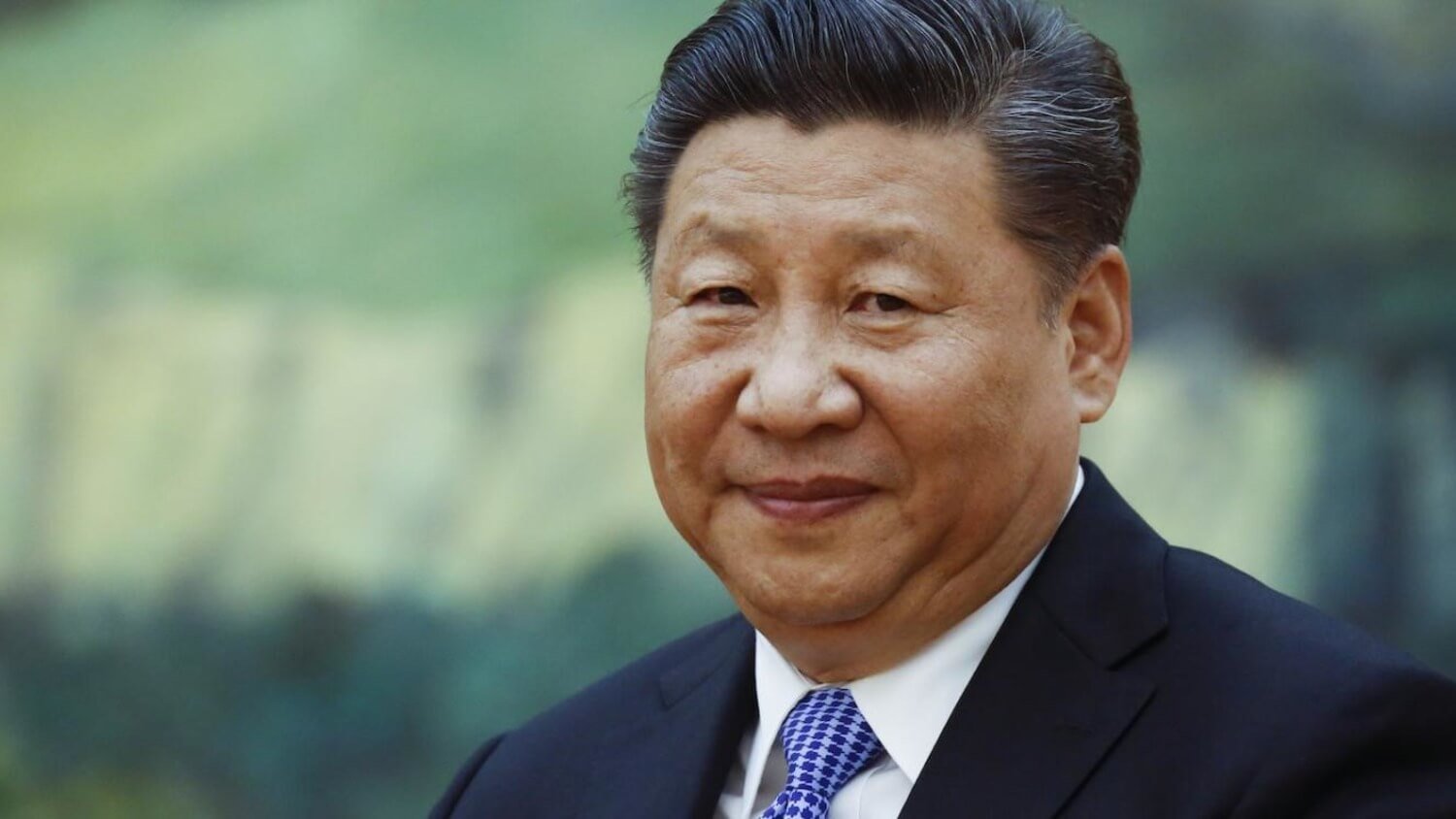Why Asia will drive the next stage of cryptocurrency growth: Gemini co-founder’s view
Asia will be the “launch pad” for the next global crypto bull market, according to Gemini co-founder Cameron Winklevoss. He says the trend will be a reminder to everyone that crypto is in fact a global asset. Different governments may have different views on digital assets, but they can either embrace innovation or be left without proper development. So in this case, digital assets are about to go through a new phase of global popularisation. Let’s take a closer look at what’s happening.

It should be noted that some Asian countries do not have the best reputation in the world of cryptocurrencies. First of all, China has been “banning” digital assets on its territory for many years, which has also been the source of jokes within the blockchain community.
Eventually, however, the ban did become widespread, with the government restricting its own citizens’ interaction with the cryptocurrency mining industry as early as the spring of 2021. This then led to a deterioration in niche sentiment and a further market crash that became one of the largest in BTC history.
Bitcoin’s collapse
Chainalysis experts believe that the cryptocurrency ban was actually necessary to prevent capital outflows from China. Now, however, the situation has changed significantly: the country is gradually opening up after a long-term lockdown due to the pandemic, as well as simplifying the environment for businesses to operate.
Accordingly, the prospect of an improved situation for cryptocurrencies looks quite logical. In addition, as it became known this month, cryptocurrency transactions will become fully legal for Hong Kong residents in the summer of 2023 – which is a serious hint of a shift in the authorities’ attitude towards the crypto niche.
When will cryptocurrencies start growing?
Winklevoss posted a thread with his thoughts on Twitter. Here’s one of his posts, which CryptoPotato cites.
My working thesis at the moment is that the next bullrun will start in the East. It will be a humbling reminder that cryptocurrencies are a global asset, and that the West – indeed the US – has always had only two options: embrace crypto or get left behind. Its development cannot be stopped. We all know that.
Note that the last few months have not been easy for the Winklevoss brothers. In January 2023, the Genesis platform filed for bankruptcy, while it was the sole service provider for Gemini Earn's lending program. As a result, users of the latter lost money and the program itself was decided to be shut down.
Cameron and Tyler Winklevoss, the founders of Gemini Exchange
Cameron argues that countries will simply be “obliged” to make an effort to develop the right infrastructure when it comes to regulating cryptocurrencies on their territory. Otherwise, they will “be left to swallow dust” – by that, Winklevoss means losing the opportunity to build the global financial system of the future.
The Gemini co-founder’s comment is particularly telling in the context of recent SEC action against the Kraken exchange and issuer Paxos, which issues the BUSD stabelcoin. Under the circumstances, even one of the agency’s members, Commissioner Hester Pearce, has criticised the regulator’s strategy.
Cryptocurrency exchange rates today after another Bitcoin attempt to consolidate above $25,000
In Asia, the exact opposite is indeed being prepared, with Hong Kong in particular set to approve a law that would allow citizens to legally buy and sell crypto, as well as trade in it on an ongoing basis. While restrictions on digital assets in mainland China are still severe, the innovations in Hong Kong will open a loophole for many Chinese cryptocurrency companies to operate.
😈 YOU CAN FIND MORE INTERESTING INFORMATION ON US AT YANDEX.ZEN!
According to Decrypt’s sources, the digital asset industry itself is trending towards a more decentralised distribution of capital. For example, the number of Bitcoin wallets with balances over 1,000 BTC has fallen to its lowest since August 2019. Here’s the relevant graph from analysts.
Number of Bitcoin wallets with balances over 1,000 BTC
According to experts at the Glassnode platform, as of February 19, there are 2,027 such wallets – also called “whales”, meaning large holders of the cryptocurrency. In dollar terms, each of them owns at least $25 million, a clear indicator of a strong belief in Bitcoin’s prospects and an early connection to the first cryptocurrency as well.
The number of Whales reached an all-time high back in February 2021 – at that time, there were nearly 2,500 wallets with that many coins. Since then, there has been a downward trend, meaning that BTCs are flowing to wallets with smaller balances, meaning that capital is distributed more evenly across the ecosystem.
There is much less dynamism in the behaviour of mega-kits – particularly large Bitcoin owners whose balance exceeds the 10,000 BTC mark. There are now only 117 such cryptocurrency wallets, and their number has not changed much over the past few years. Analysts have found that these market players are much less dependent on Bitcoin price fluctuations.
The number of much smaller BTC investors whose balance exceeds 1 coin has gradually increased over the past five years, with some declines. This has happened despite the dramatic changes in the cryptocurrency’s price that we have seen during this period.
Number of Bitcoin wallets with balances greater than 1 BTC
Currently, the number of such wallets reaches the mark of 982 thousand units. This is significantly higher than the 814,000 wallets last year and 788,000 wallets in February 2020 respectively.
We think the Chinese authorities' turn towards cryptocurrencies looks interesting. It is especially interesting given the recent actions of the US Securities and Exchange Commission, which is fining local cryptocurrency companies and banning various services. With this in mind, it is possible that many entrepreneurs will want to relocate to Hong Kong. Tron creator Justin Sun, in particular, previously announced such intentions.















